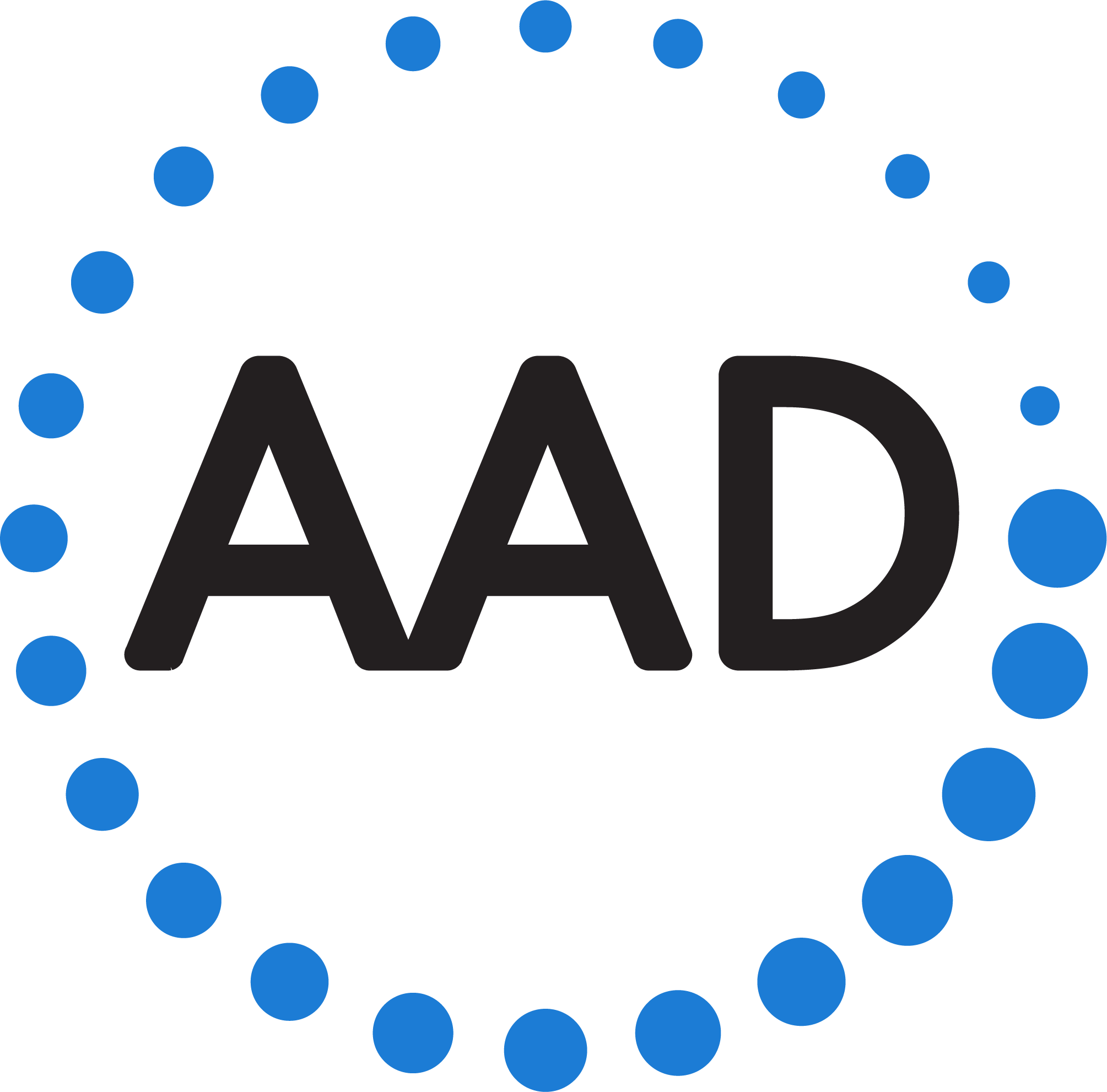Missy Gough (847) 240-1734 [email protected]
Karen Klickmann (847) 240-1735 [email protected]
FOR IMMEDIATE RELEASE
AMERICAN ACADEMY OF DERMATOLOGY PROVIDES SKIN SCREENINGS TO ATHLETES AT THE 1999 SPECIAL OLYMPICS WORLD SUMMER GAMES
SCHAUMBURG, ILL. (June 14, 1999) - Imagine the anxiety athletes must feel with the eyes of the world focused on their performance. Then imagine the added obstacles of mental retardation and perhaps special medical conditions that must be overcome to compete. Those are some of the challenges that Special Olympics athletes must face at the 1999 World Summer Games. This year, the American Academy of Dermatology (AAD) will be part of the effort to support these extraordinary athletes through its participation in the Special Olympics Healthy Athletes Program. AAD volunteers will offer free skin screenings to athletes at the 10th Special Olympics World Summer Games, June 26 - July 4, in Raleigh-Durham, North Carolina, as part of its Healthy Skin Program. The screening program will be held at Olympic Town West on the campus of the University of North Carolina in Chapel Hill.
The Healthy Skin Program is a new volunteer initiative for the AAD that will include free skin screenings for the 7,000 participating athletes from around the world. Educational materials for the athletes and their caregivers on skin, hair and nail conditions will be provided. In addition, a Continuing Medical Education (CME) course for participating dermatologists has been developed that will explore the special needs of athletes with mental retardation.
"For many of these athletes, this will be the first time they are seeing a dermatologist," said Darrell Rigel, M.D., President of the American Academy of Dermatology. "We are excited to be able to help these athletes understand what type of skin, hair or nail problems they might have and how to treat them."
Like all athletes, Special Olympics athletes are prone to common skin conditions that can be directly attributed to their participation in sports. These skin conditions include corns, calluses, blisters, abrasions, plantar warts, fungal infections (jock itch, athlete's foot), insect bites and stings, contact dermatitis, sunburn, and acne mechanica, sometimes referred to as "football acne."
But for most Special Olympics athletes and others with mental retardation, certain dermatological conditions are more prevalent. For example, individuals with Down syndrome frequently experience dry skin, atopic dermatitis, cheilitis - or dry lips - cutaneous infections such as ringworm or scabies, rashes, and syringomas - or skin tumors.
"As a dermatologist, I'm honored to be a part of a world-class competition like the Special Olympics and to give something back to these gifted athletes who show tremendous courage and achievement," said Greensboro, North Carolina, dermatologist Fred Lupton, M.D., and local volunteer coordinator of the AAD's Healthy Skin Program. "If the athletes that we screen walk away knowing a little more about how to care for their skin, hair and nails than they did the day before, I think the Healthy Skin Program will be a success." The AAD's Healthy Skin Program is part of the Special Olympics Healthy Athletes Program, which is a combined medical volunteer effort to provide dental, bone, vision and skin screenings to all Special Olympic athletes.
Local North Carolina dermatologists will be conducting the skin screenings at the Special Olympics and additional members of the AAD will be volunteering their time to support the Healthy Skin Program. - more -
Special Olympics, Inc., founded by Eunice Kennedy Shriver, is an international program of year-round sports training and athletic competition for more than 1 million children and adults with mental retardation. Competitions are conducted on local, state, national and international levels in more than 143 countries worldwide. The American Academy of Dermatology, founded in 1938, is the largest, most influential, and most representative of all dermatologic associations. With a membership over 12,000 dermatologists worldwide, the Academy is committed to: advancing the science and art of medicine and surgery related to the skin; advocating high standards in clinical practice, education, and research in dermatology; supporting and enhancing patient care; and promoting a lifetime of healthier skin, hair, and nails. For more information, contact the AAD at 1-888-462-DERM or www.aad.org.
###
